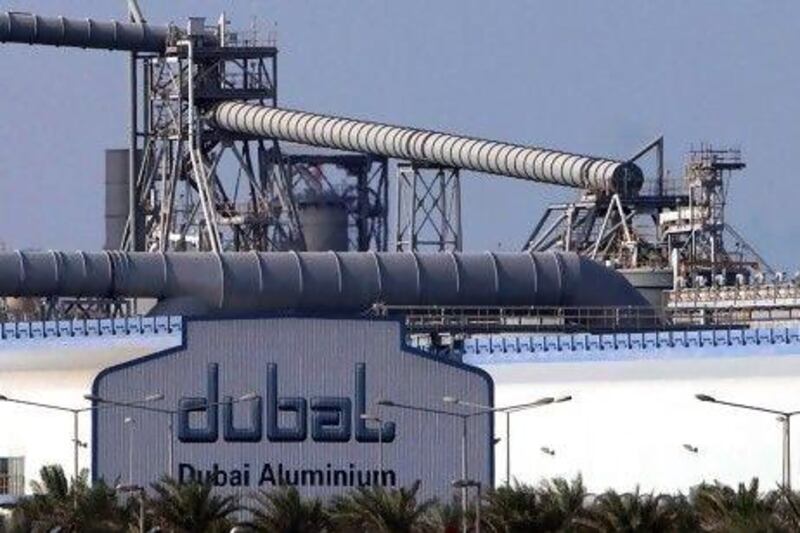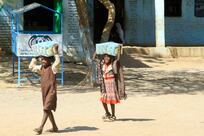As the toxic effects of the 2008 banking crisis began to seep into industry, causing companies to lay off staff or fold, Abdulla Kalban called a meeting of his top management.
Surrounded by ashen-faced executives and line managers fearing the worst, the chief executive of Dubai Aluminium (Dubal) opened the meeting with an announcement.
"I told them that I will make sure that nobody will lose their job. That put people at ease.
"I could see after that meeting everyone was energised to do his best to make the company a better company," he said.
Dubal implemented a plan that not only ensured its survival, but also helped it to achieve a profit margin of 15 per cent in 2009, when others were haemorrhaging money or struggling to stay afloat.
Mr Kalban spoke about the company's successful survival strategy at a recent business forum in Dubai.
"The name of the game was speed. Speed of collecting information, speed of analysing information and speed of making decisions," Mr Kalban told the audience.
"We gave them our road map, what we expected from them, and how we will operate and manage the company through this crisis. Also, we started a communication strategy with our employees through workshops.
"We used to keep them updated with what was happening with the markets, with the company, with our suppliers and the customers. And also we made sure that the language that was being used with the shop people was not technical, so everybody could understand the roots of the crisis and the way it was affecting the company."
Marketing staff were instructed to contact customers and report back within 15 days on their concerns and plans for the future. Agents were asked to follow the same steps, while staff also visited suppliers to tell them Dubal was in business and to ask them to continue honouring their contracts.
"Our sales and marketing team gave us some really good reports, so as a result of that we identified and captured some market share and also new customers which had been dropped by other companies due to the closure of their companies," said Mr Kalban.
The product mix was changed and production increased to accommodate new orders.
"From the finance side, we launched what we called our triple-C campaign - cash generation, cash conservation and cash reduction," he said.
Dubal forged ahead with its joint Emirates Aluminium (Emal) project with Mubadala Development, to build a smelter in Abu Dhabi near the emirate's border with Dubai. The Emal plant came into full operation this year.
Dubal continued its staff training programmes and rationalisation strategy to hire UAE nationals, while taking on new people who had been let go by other companies as a result of the financial crisis. Suggestions were also invited from the workforce about how to improve profitability.
Mr Kalban said he agonised over whether Dubal would be forced to lay off staff or close part of its operations during the crisis.
"The most difficult thing was when I used to hear in the news about people being laid off," he said. "The question was, what's going to happen to us? Would Dubal have to do the same thing?
"That gave me worry and sometimes kept me awake at night, because when you make a decision you are not only affecting an individual, you are affecting a family."
Dr Hischamel Agamy, the executive director of IMD, a global business school based in Lausanne, Switzerland, says that what set Dubal's survival strategy apart was its emphasis on trust and fairness.
"The top management trusted the staff and the labour forces [to follow them]," Dr el Agamy says. "On the other hand, the personnel also trusted the top management that they were on the right track and followed them."






